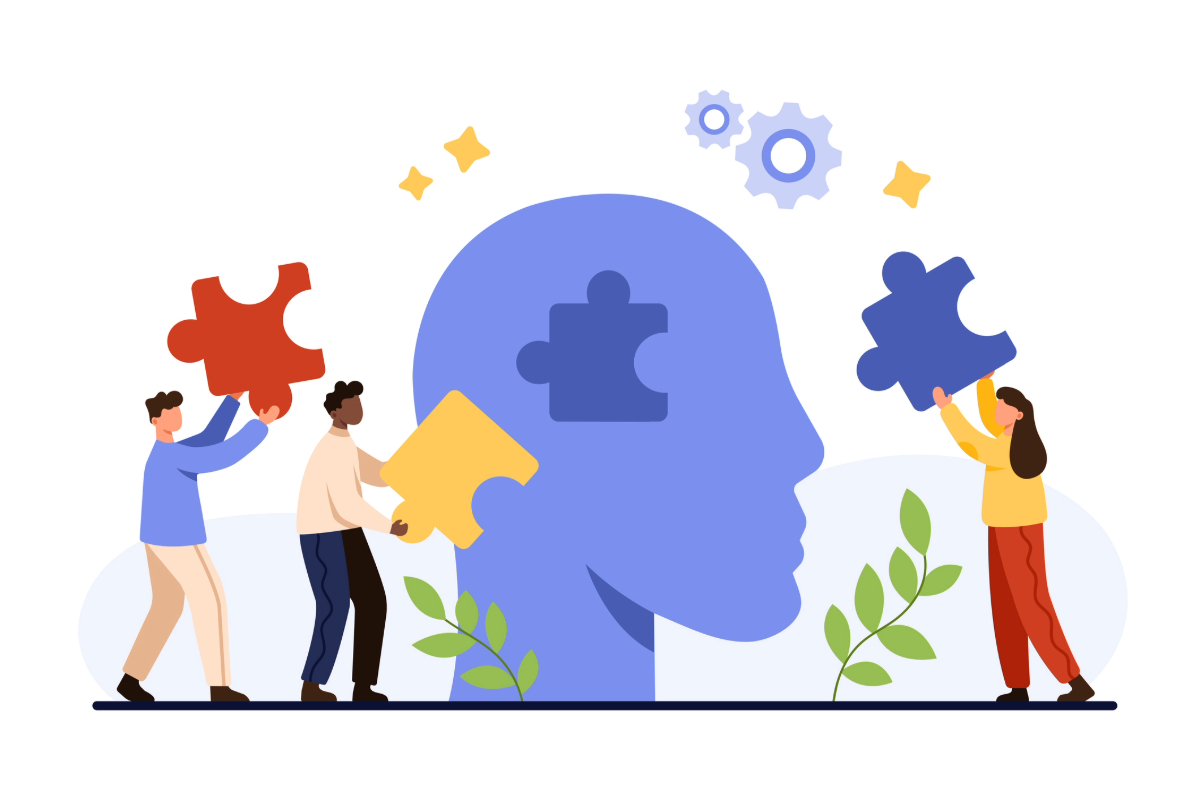Psychology, the study of the human mind, behavior and emotions, is a discipline that has exploded in popularity among college students. It ranks among top majors and there are many reasons for this increase in interest within the last 10 years. Increased awareness of the prevalence of mental health issues and their impact on society, demand for the psychology-related skills required, and the discipline’s balance of scientific and human-centered approaches all contribute to the major’s appeal.
If you are interested in psychology, it’s important to learn the many places a degree can take you. There is a perception that you only pursue this degree to eventually seek an advanced degree. However, de-stigmatization and interest in mental health means many organizations are placing a higher value on someone with an education in psychology, even those without graduate degrees. Here are some of the things you can do with a bachelor’s degree in psychology:
Continue Your Education
The most common path for psychology majors is to continue their studies, obtaining a master’s or eventually a PhD. This may be necessary in some states if you wish to work directly with patients in a therapeutic capacity, as many require you to be a licensed psychologist to do so. Becoming a licensed psychologist or counselor usually involves additional schooling and supervised clinical hours.
If this path interests you, it’s worth investing some time and research while working on your degree to learn more about the different areas of professional psychology and sort out which ones appeal to you most. Although caring for people with mental health issues is the most common application, advanced degrees can open doors to research, consulting or academic careers.

Work in Marketing or User Experience Analysis
Psychology, above all, is the study and analysis of human behavior, and one of the most common professional applications of this is studying the ways people interact with the market. A bachelor’s in psychology involves both understanding the fundamentals of psychology and statistical analysis, each of which can be relatively easily translated to public-facing work like marketing, communications and public relations. You can use your skills to analyze addressable markets and come up with a plan to reach and advertise to people in each market.
User experience (UX) research is another growing field where psychology majors thrive because they analyze how users interact with apps, websites and product purchase flows. By collecting and interpreting user data, psychology majors can create an in-depth understanding of their product preferences and identify areas where the UX can be improved.
Work in Counseling or Social Work
Depending on where you live, you may be able to work as a counselor at a mental health clinic with a bachelor’s degree. These positions often involve working with individuals dealing with addiction, grief, depression or other challenges. This is a growing field, as more and more people become aware of and willing to take advantage of the mental health support resources available to them. As you gain more experience in this work, you might be drawn to continue your studies to become a clinical psychologist, or you might continue to move in the direction of social work.
Social work is another avenue where psychology graduates can make a meaningful impact. Social workers help people facing health issues, economic hardship or other difficulties by connecting them with resources and advocating on their behalf. Your studies can help you communicate and analyze each person’s predicament, helping identify and connect them with resources that can help them overcome their issue. Advocating effectively requires you to understand their position using empathy and analysis, something which psychology focuses on.
Work in Education
Another common career for psychology majors is working as a teacher, educational administrator or educational strategist. Understanding behavior, emotion and addressing mental health concerns is invaluable in a classroom context, whether you are working with children or teenagers. Communication skills and empathy are also critical for resolving disputes between students, and being able to model these skills is an important part of being an educator. Even if you don’t want to teach, you can use your skills to work as a learning theorist. Gaining a deeper understanding of how and why people learn best allows you to design lesson plans and curriculums which empower students and educators.
Get your Bachelor’s in Psychology from Columbia Southern University
At Columbia Southern, you can pursue a psychology degree at your own pace, taking advantage of our flexible class scheduling and remote courses to improve your skills. If you’d like to learn more about studying at Columbia Southern, head to our programs page.
Multiple factors, including prior experience, geography and degree field, affect career outcomes. CSU does not guarantee a job, promotion, salary increase, eligibility for a position, or other career growth.






